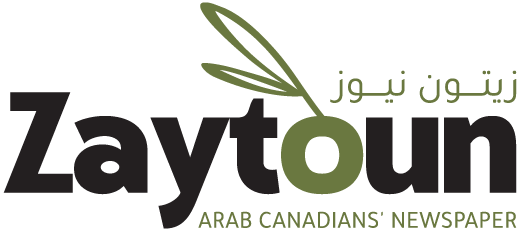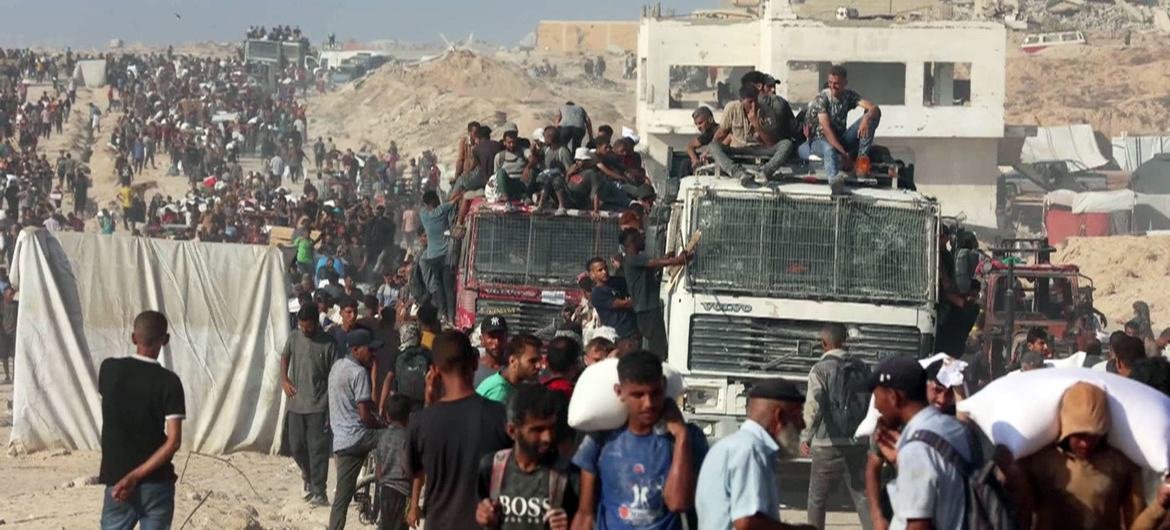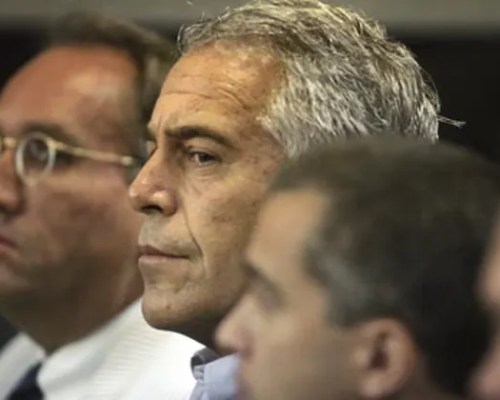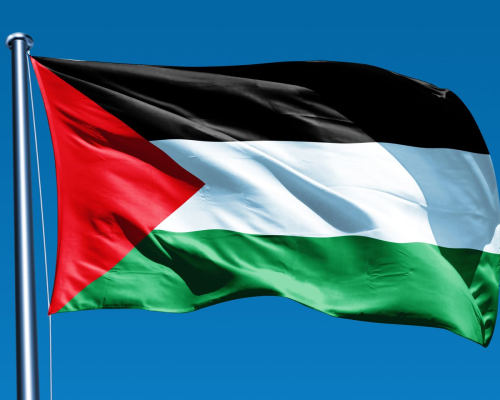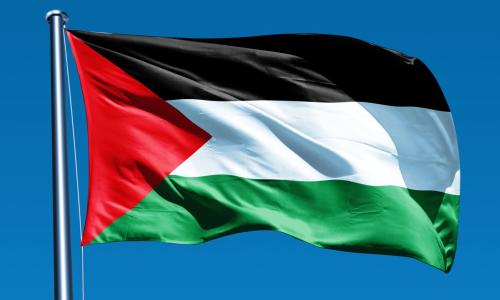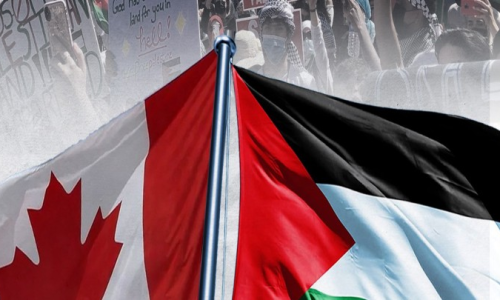By Taghreed Saadeh
Since its establishment in the late 1980s, the Hamas movement has represented a controversial case on the Palestinian scene. It emerged from the womb of the Muslim Brotherhood, which for decades had focused on religious and social work, avoiding direct involvement in armed resistance against the Israeli occupation. With the outbreak of the First Intifada in 1987, however, the Brotherhood decided to establish an armed resistance wing under the name “Hamas,” thereby joining the national struggle belatedly and disrupting a political landscape long dominated by the Palestine Liberation Organization (PLO).
Israeli documents and statements by former officials later revealed that Israel itself contributed to strengthening Hamas’s influence in its early years. At the time, Israel regarded the group as a tool to weaken the PLO, which enjoyed broad international support. The occupation authorities permitted Islamic associations in Gaza and the West Bank to operate, believing that the rise of “the Islamic current” would undermine “the nationalist current” represented by the PLO. What Israel failed to grasp, however, was that this new movement was not merely a religious charity, but a political project seeking to seize the reins of power.
From the outset, Hamas portrayed itself as a resistance movement, yet in reality, the pursuit of political authority was at the core of its project. This feature is deeply rooted in the ideology of the Muslim Brotherhood, which raises the slogan “Islam is the solution” and considers governance the primary means of imposing its vision. The recent experiences of the Brotherhood in Egypt (2012–2013) and Tunisia (2011–2021) confirm this pattern, once in power, their main concern was political consolidation and control, not fulfilling the slogans of revolution or meeting the demands of the people.
Similarly, since Hamas seized control of Gaza in 2007, the Strip has become a domain of authoritarian rule. Power has been concentrated exclusively in the hands of the movement, while the possibility of criticism or opposition has vanished under the constant threat of being branded a “collaborator with the occupation.”
Hamas’s ambitions have not been confined to the Palestinian arena but have extended across the Arab region, making it part of the transnational network of the Muslim Brotherhood.
In Jordan, the movement sought to exert influence, drawing on the Brotherhood’s presence there. This repeatedly pushed Jordanian authorities to restrict its activities.
In Egypt, the relationship underwent dramatic shifts. Hamas enjoyed the support of the Brotherhood-led government under Mohamed Morsi, but after 2013, the new Egyptian leadership accused Hamas of threatening national security and supporting terrorism in Sinai.
In Syria, Hamas long aligned itself with the Assad regime, only to break with it after the 2011 uprising, siding with the opposition backed by Qatar and Turkey—both patrons of the Brotherhood under American oversight. This rupture led to a prolonged estrangement from Damascus, Hezbollah, and Iran, before Hamas later sought reconciliation under the pressure of financial and military necessity.
For nearly 18 years, Hamas has ruled Gaza by force, without genuine power-sharing or comprehensive elections. Its media machine, bolstered by Brotherhood-aligned outlets such as Al Jazeera, has portrayed it as “the sole resistance movement” while depicting the Palestinian Authority as a “collaborator.” Through this narrative, Hamas monopolized the discourse of resistance, suppressing dissent by labeling it treachery.
The reality in Gaza, however, tells a different story, restrictions on political and media freedoms, corruption in resource management amid ongoing humanitarian suffering under blockade. And a deepening Palestinian divide that has left the national cause at its weakest point.
The key formula Hamas has relied on is simple, any criticism equals betrayal. This shielded the movement from internal accountability and allowed it to place itself above national scrutiny. Yet this tactic has increasingly lost credibility among Palestinians and Arabs, especially after the failures of Islamist governance in other countries, where the slogan “Islam is the solution” has typically led to authoritarian rule and political and economic collapse.
Today, nearly two decades after taking control of Gaza, Hamas faces a historic impasse. It has not delivered the liberation it promised, nor has it provided a viable model of governance. Instead, it has deepened division and weakened the Palestinian position with confronted the occupation. Most dangerously, the continued reduction of the Palestinian struggle to a single ideological movement risks reproducing the same failures witnessed in other Arab states under Brotherhood rule.
Reclaiming the Palestinian cause requires moving beyond the “myth of Hamas” as an untouchable movement, and embracing the courage to critique it as part of the struggle itself—not a betrayal of it. The real battle is with the occupation, not with Palestinian society or the peoples of the region.
